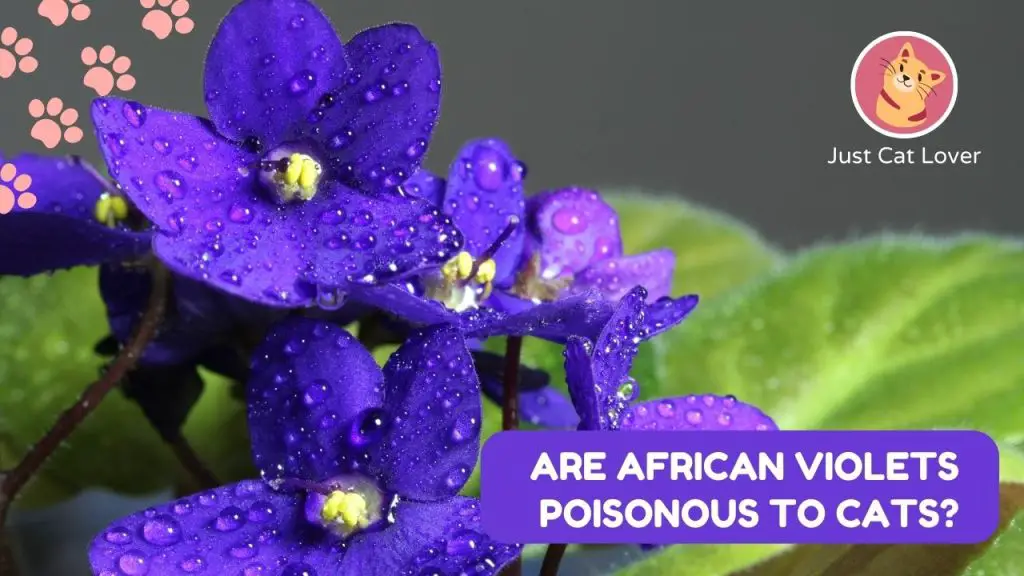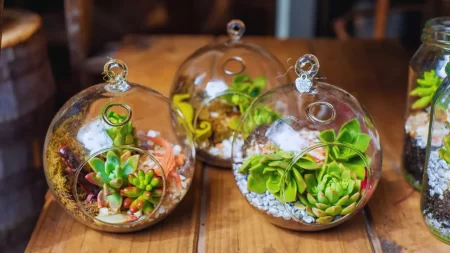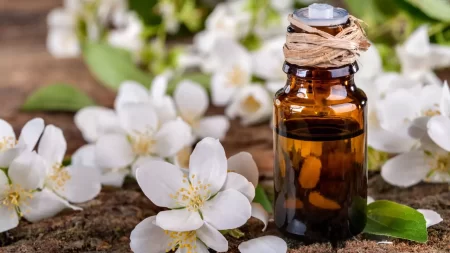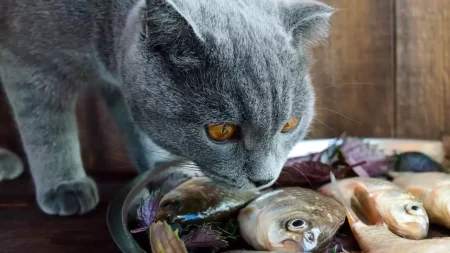Pussycat pal? Searching for solid answers about African Violets and their safety? You’ve arrived! This article will give all the answers to your queries about African Violets and their potential harm to your furry friend.
The quick response is no – these plants are not hazardous to cats. But let’s dive into it further!
African Violets are common houseplants. People love them for their lush and beautiful foliage. Though, cats may find them attractive too. But it’s important to be aware if they are poisonous or not.
Luckily, the ASPCA states that African Violets are non-toxic to cats, dogs, and horses. Nevertheless, even non-toxic plants can cause an upset tummy if ingested. Leaves and dirt attached to the roots can be hazardous also. So, remember to keep any plant away from your pet.
What is an African Violet?
African Violets, also known as Saintpaulia, are small flowering plants. They come from Tanzania and parts of Kenya. Housewife gardeners like them for their easy-care needs. These blooms come in shades of pink, purple, blue, and white. With various shapes and sizes, many varieties of African Violets can be found in the market. Some even have fragrant blossoms!
They can be propagated by seed or cloning. A great choice of houseplant, they are non-toxic to cats and other animals. Perfect for beginner gardeners or pet-filled households.
Are African Violets Poisonous to Cats?
African Violets may not be toxic to cats, but it’s still best to keep them away from those curious paws. The ASPCA states that African Violets are non-toxic to cats, dogs, and horses.
However, due to their size and thin leaves, cats should be kept away. If they ingest the plant, they may suffer a stomach ache. Skin irritation may occur if coming into contact with it. If this happens, see a vet right away.
To make sure your cat stays safe, keep African Violets out of reach. Cover them with paper or lightweight cloth when not in use to prevent playing with them. Transparent covers from pet stores may also work.
What is the ASPCA?
The American Society for the Prevention of Cruelty to Animals (ASPCA) is a national organization dedicated to protecting animals from abuse and neglect. It works to advance humane methods of caring for animals. This includes providing adoption or rescue services, spay and neutering programs, humane education, and conservation initiatives.
The ASPCA is based in New York City, but they have representatives across the United States.
The ASPCA’s List of Non-Toxic Plants
The ASPCA has listed many houseplants, such as African violets, as non-toxic. Ingesting these plants will not cause serious harm to cats. Be aware that some pets may have sensitivities to some plants. This could cause an upset stomach or digestive problems.
Be sure to keep the plants out of reach. Also, make sure your pet is not ingesting any foreign objects like potting soil or fertilizer, as these can be dangerous. Some animals may be attracted to the smell and flavor of certain plants, insects, or dirt on them.
Other Non-Toxic Plants to Cats
African Violets are safe plants for cats. Other popular ones are Marigolds, Geraniums, and Chrysanthemums. When introducing a new plant, always supervise the pet.
Further non-toxic plants for cats are Ivy, Orchids, Spider Plants, Pothos Vines, Roman Chamomile, and Lavender. However, certain parts of some plants may be toxic, like stems and leaves. If unsure, ask a vet or research it online before bringing it into the pet’s environment.
Conclusion
The ASPCA says African Violets are usually safe for cats and other creatures. But, if your cat has an odd reaction after touching or eating one, call the vet right away. It’s better to be safe than sorry when it comes to plants and animals that may be toxic – not just African Violets.
Resources
Pet owners wanting to know if African Violets are safe for their cats can rest easy. The ASPCA states that they are not toxic to animals.
However, it’s still not recommended that cats eat any plants. It’s best to remove any plants and flowers from the pet’s environment, except for safe species like African Violets.
To learn more about plants that are safe or toxic to cats, visit the ASPCA website. They have detailed lists and descriptions of potential effects.
If you have questions or concerns about animal safety, consult a veterinarian. They can provide more insight into specific cases.







